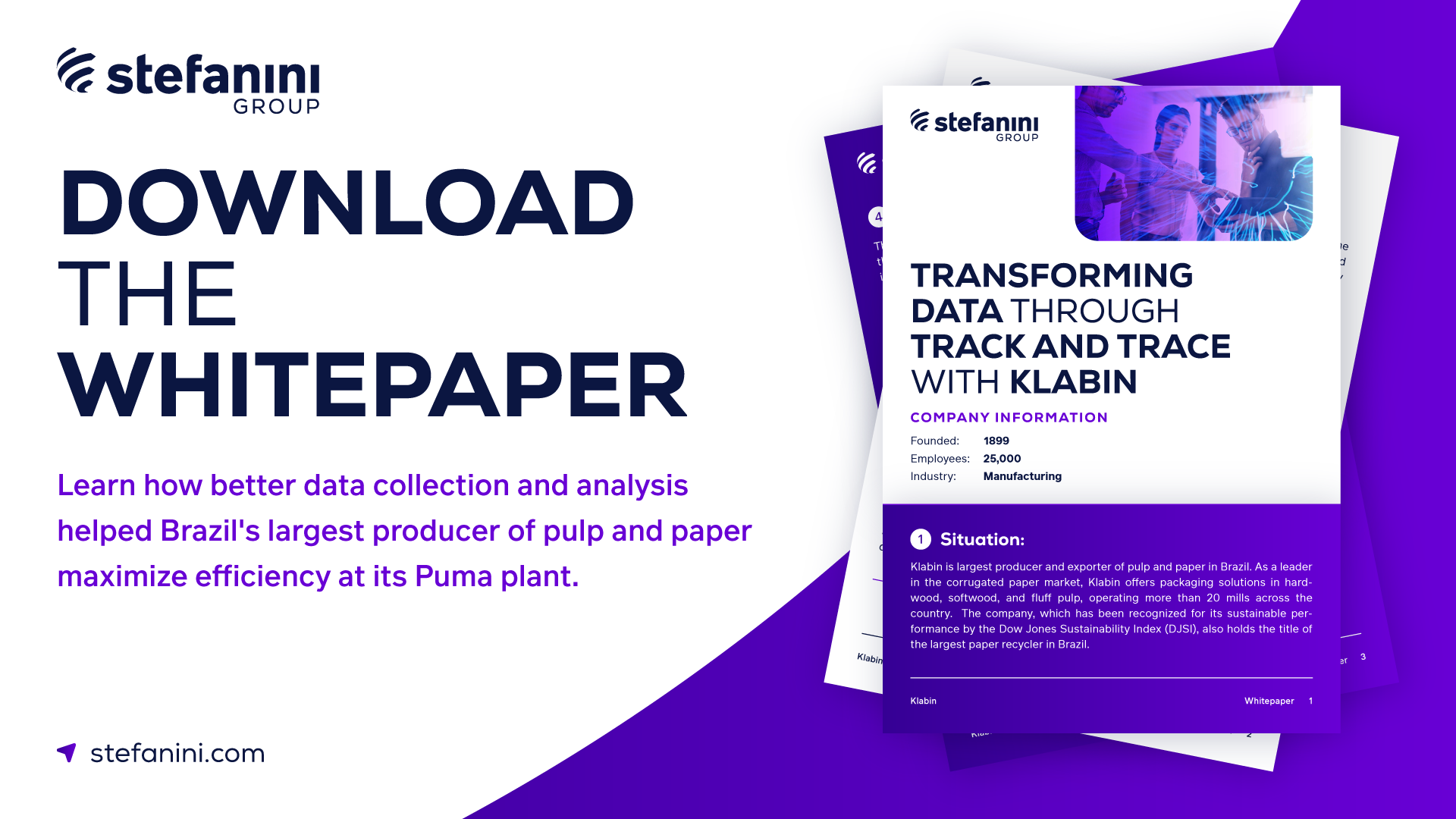The DIA 2023 Global Annual Meeting is promising to shine a light on the path to the future of healthcare. It brings together a worldwide network of life science professionals and patients who will foster ideas to further scientific and medical innovations and advance lifesaving medicines, therapies, and technologies for patients around the world.
Taking place in Boston from 25th to 29th June 2023, DIA Global Meeting is the largest multidisciplinary event. This year over 5000 attendees are expected with more than 500 speakers delivering over 170 sessions across 13 unique educational tracks including Clinical Trials and Clinical Operations, Data and Technology, and Patient Engagement.
Agile life science and healthcare companies that embrace innovative digital technologies at scale will solve the toughest of challenges and reap the greatest benefits. Global leaders will talk at DIA about important and trending topics focused on the future of health while illuminating successes and expert knowledge. Featured topics include:
Featured Topics
• Artificial Intelligence (AI)
AI technologies are increasingly being used in healthcare, pharmaceuticals, and life sciences. In clinical trials, they help streamline the drug discovery process, accelerate research and drug development, increase productivity, improve efficiency, optimise outcomes, and reduce costs to bring new more affordable drugs and therapies to market quicker.
Denis Reynders, Global Business Unit Director, Digital Health Services, Stefanini EMEA says that healthcare practitioners use evidence-based recommendations generated from vast amounts of medical data that are analyzed using AI algorithms to “assist in diagnosing diseases, predicting treatment responses, and identifying potential adverse events, augmenting the capabilities of healthcare providers and enhancing diagnostic accuracy.”
Stefanini’s AI capability is called Sophie and serves as a powerful ally in healthcare decision-making. Sophie is designed to make healthcare management easier through automation, fix operational problems and allow admin staff to take on heftier tasks.
In pharmaceuticals, Sophie has an omnichannel approach that acquires real-time research information, enables the interoperability of different trials, reduces cycle times, increases efficiency and data quality, and eases compliance adherence. Using Sophie, new and numerous disparate data sources can be rapidly and safely integrated into this single and unified digital data flow (DDF) system.
• Decentralized Clinical Trials (DCTs)
Decentralized Clinical Trials are revolutionizing the way clinical trials are conducted. The rise of DCTs is driven by advancements in technology and the need for patient-centric approaches.
By leveraging digital technology such as apps, wearable devices and connected sensors, electronic patient consent and outcomes, telemedicine, and secure data exchange, DCTs safely bring trials directly to participants’ homes and local communities. DCTs expand patient access, enhance convenience, and reduce patient participation time and costs to deliver higher retention rates and efficiency. By reaching patients in remote areas trials achieve a more diverse and representative population which has been a drawback of clinical trials. Also, continuous monitoring generates robust clinical data with significant cost savings.
However, DCTs have their challenges such as technology access and literacy disparities, remote trial adaptations, maintaining consistent data quality, and ensuring regulatory compliance. Utilizing the knowledge and experience of professionals and participants to discuss and address these issues is key to DCT’s continued success and innovation.
• Patient Focused
Pharmaceutical and healthcare providers with a patient-centric approach to clinical trials will continuously improve clinical trial quality, drive retention and operational efficiency, and develop new medications and therapies faster.
Patient experience and engagement are recognized as of paramount importance in healthcare and pharmaceutical advancements. After all, patients are stakeholders in health decisions, medical product development, and health IT user experience. Patients can help pharmaceuticals and life sciences to significantly improve the adherence, outcome data, and retention of clinical trials.
Reynders says: “Patients can access their health records, educational resources, and personalized health plans through patient portals and mobile applications. This increased access to information enables individuals to take an active role in managing their health, making informed decisions, and adhering to treatment plans. Additionally, social media platforms and online communities provide spaces for patients to connect, share experiences, and support one another, fostering a sense of belonging and emotional well-being.”
Pharmaceuticals and healthcare companies that focus on what matters to patients in their healthcare journey and use their valuable feedback to make patient-centric adaptations will thrive.
Stefanini champions patient-focused healthcare and clinical trial journeys. Their Patient Engagement Services combine a helpdesk, digital tools and a wider set of individual options to proactively help patients and study personnel navigate the complexity of clinical trials while providing support in logistics and technologies.
Using their Patient Engagement Services can shorten trial timelines, foster patient experience and satisfaction, improve sponsor and site relationships, and may reduce trial costs.
Reynders says: “Stefanini’s Patient Engagement Services put patients at the centre of clinical trials and alleviate the burden of many site personnel tasks by shifting them away from the clinic. “
• Real-World Data and Real-World Evidence
Real-world data (RWD) analysis used to generate real-world evidence (RWE) and insights is powering healthcare innovation and answering disease and health condition problems. RWD and RWE provide helpful information in real-world medical settings to complement clinical trial findings and the learnings can be applied to scale-up future research. They will enable new cures and therapies and processes and tools to benefit patients.
Reynders says: “The accumulation of big data in healthcare offers tremendous opportunities for predictive analytics. By harnessing large-scale datasets, including electronic health records, genetic information, and lifestyle data, predictive models can identify population health trends, predict disease outbreaks, and evaluate treatment effectiveness. This invaluable information facilitates proactive public health interventions, resource allocation, and personalized interventions, leading to better health outcomes for individuals and communities.”
Come and see Stefanini showcasing their Innovative Digital Solutions
Stefanini Digital Health Services support life science and healthcare companies to embrace digital transformation at scale. They support AI, clinical trials, cybersecurity, real-world data and real-world evidence through data analytics and digital and omnichannel marketing. Stefanini advocates patient centricity and are proud of their Patient Engagement Services that enhance patient adherence, outcome data and retention.
Visit our booth (#586) to talk about how we can help you drive your digital healthcare strategy. We hope to see you at the DIA 2023 Global Annual Meeting.




















